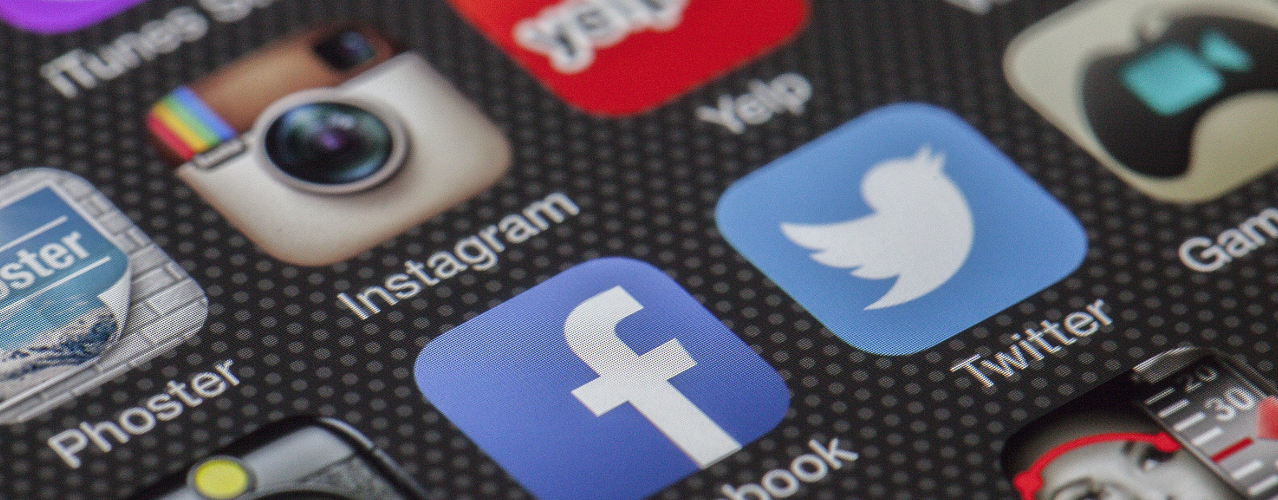How cell phone hacking can affect you?
Cell phones, connected to e-mail and social media accounts are a sensitive area and have a major risk of being hacked. Our cell phones have access to our Dropbox, Gmail, Facebook, Twitter, Instagram accounts, and in most cases to our banking information. A hacked cell phone makes blackmailing, identity theft and losing money a great threat for the owner of the device.
With some social engineering, a telephone number and some basic IT knowledge, it is an easy job to hack one’s phone. A trustworthy but otherwise fake site that is convincingly copying a service you use is enough to get the sensitive information they need for a successful hacking.
How do they get your online accounts?
It starts by getting a little chunk of personal data: an address, a birthday, a part of your ID number. Armed with the information and a believable story to a telco customer service member, can lead to getting more of your account info, your phone number, and then it can easily be forwarded to their phone or “ported” to another carrier and the hacker’s device.
Then the phone hijacker tries to enter your Gmail, Facebook or other accounts, clicks on “forgot the password” and easily resets it to a code that is texted to the phone, which now he has access to. They are in, but you are locked out now.
Tips on how to protect yourself
1. Your phone number and e-mail address have possibly been a gateway to all your other accounts.
You need to stop this method and take some extra steps in securing yourself. Use multiple e-mail addresses, a primary one, one for your mobile carrier, and one for other sensitive accounts, like Facebook, Dropbox and other social media services. Therefore, if your primary email address gets compromised, your phone number is still protected and vice versa.
2. Always institute extra passwords for your mobile account
And make sure it is not something to be guessed easily. So even if they get some extra information on you, it is possible to make them fail at the telco company with the help of an extra security code.
3. Protect your online accounts with strong passwords
These passwords can resist brute force attacks. Use the usual upper and lower-case letter rule, combined with numbers and special characters. Make them easy for you to remember, but otherwise impossible to guess.
4. Watch out for security questions
They are telling very sensitive and personal information about you to potential hackers once they get into your account. if your answers are slightly different from the actual ones, it is harder to get access to any other accounts of yours by using the answers.
5. Always install software updates
This is true for both on your phone and computer. Do it as soon as they become available. It brings patches to a huge proportion of successful hacks and vulnerabilities.
6. Be careful what apps you install, and what permissions you give them
When you install a smartphone app, you may be asked to grant it various permissions, including the ability to read your files, access your camera or listen in to your microphone. They’re potentially open to abuse, so always think twice before you allow something for an app.
7. However convenient auto-logins are, do not allow it for online services
It is a huge liability. An intruder simply needs to open your browser or apps to gain access to all your online accounts. Also, do not use the same password for more than one app or service: if that one password gets found out, it can be used to access a whole range of private information.
8. Watch out for open WIFI services
They have several risks involved in using them. Anyone around the network can see what you are doing online. However, attacking through open WIFI system requires some skills, it is unlikely to happen at your local café, but it is not a danger to be ignored.
Some of the advice may sound painfully tiring or complicated, but keeping them in mind can help you prevent from hackers. Your phone nowadays contains a great deal of your most valid information, so keep in mind to lock it properly, and ensure it is safe.
You might also be interested in:
Join Our Mailing List!
Sign-up today to receive our DocuBank newsletter and stay informed about our solutions and services, plus get exclusive content and product discounts.
PETE Encryption
DocuBank uses a special combination of server-side, client-side, and communication confidentiality methods and algorithms for storage and protection of your important documents.
Improved Authentication
Once you activate the security tokens delivered to you after placing your order, you can be assured that nobody else will have access to your documents, except for those persons to whom you provided access and a security token.


Comments ()